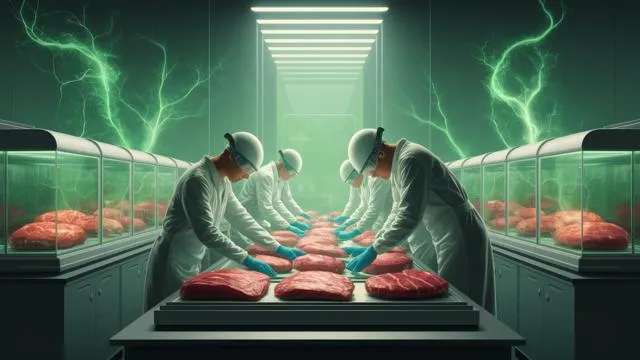In the heart of rural India, a groundbreaking film is igniting discussions on the deeply rooted traditions of arranged marriages, highlighting the often-ignored struggles of women within these unions. Set in a small village in Maharashtra, the film narrates the journey of Savita, a young woman whose dreams of education and a career are eclipsed by societal pressures to marry. Although fictional, Savita's story reflects the real-life challenges faced by numerous women across the nation, where arranged marriages are not merely a tradition but a societal obligation.
The film's candid portrayal of the 'humiliation' brides endure during the match-making process has resonated deeply with audiences, encouraging a reexamination of these longstanding customs. Savita's tale is one of courage and rebellion as she confronts the expectations of her family and society, challenging the belief that marriage is a woman's ultimate destiny.
Its unvarnished depiction of match-making rituals, where women are frequently evaluated on superficial attributes such as skin tone and height, has been praised for its honesty and audacity. The film also sheds light on the dowry system, an illegal practice that still burdens Indian society, causing financial hardship and, in severe instances, violence against women.
Inspired by personal experiences, the director seeks to stimulate reflection and conversation about the necessity for societal change regarding marriage and women's roles. By spotlighting these issues, the film not only entertains but also educates, compelling viewers to question and defy the status quo. As it receives international recognition, the film underscores cinema's capacity to mirror societal realities and motivate change, marking a pivotal contribution to the dialogue on women's rights and gender equality in India.










